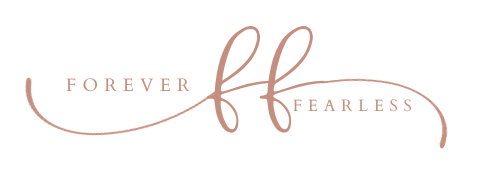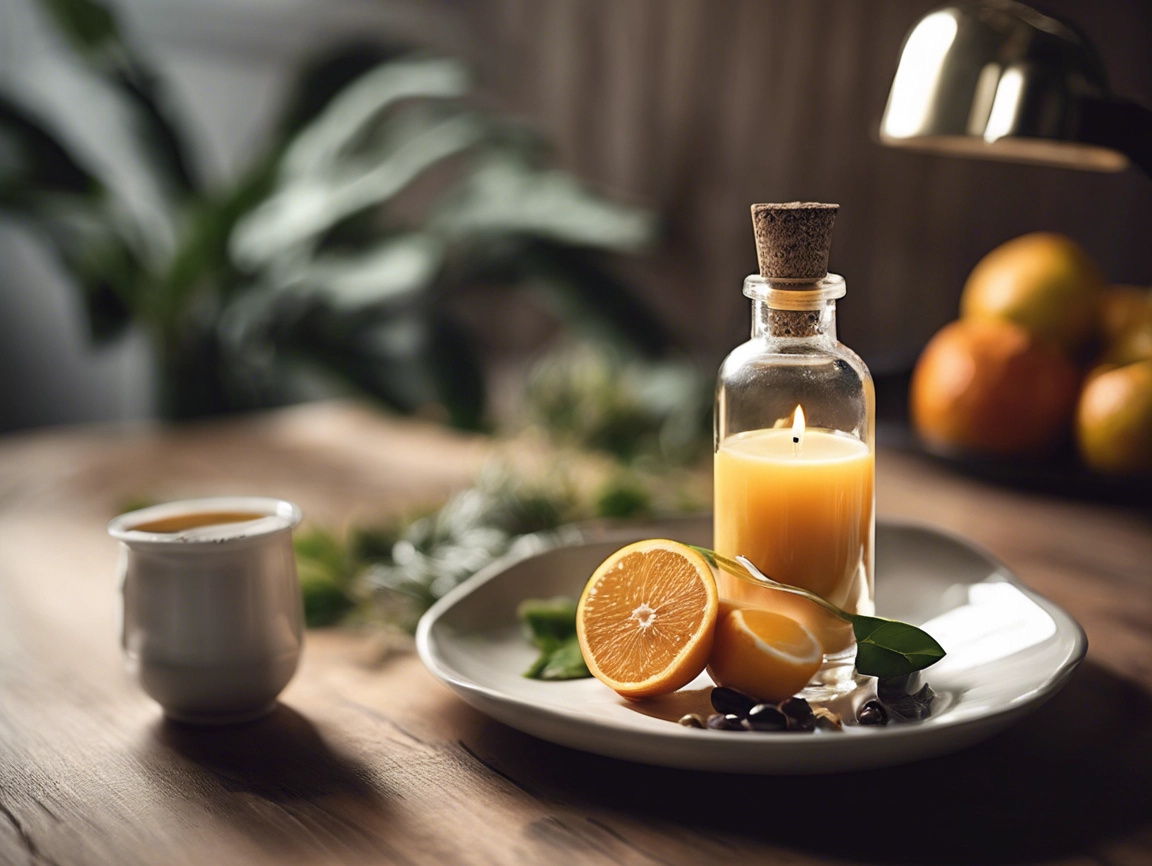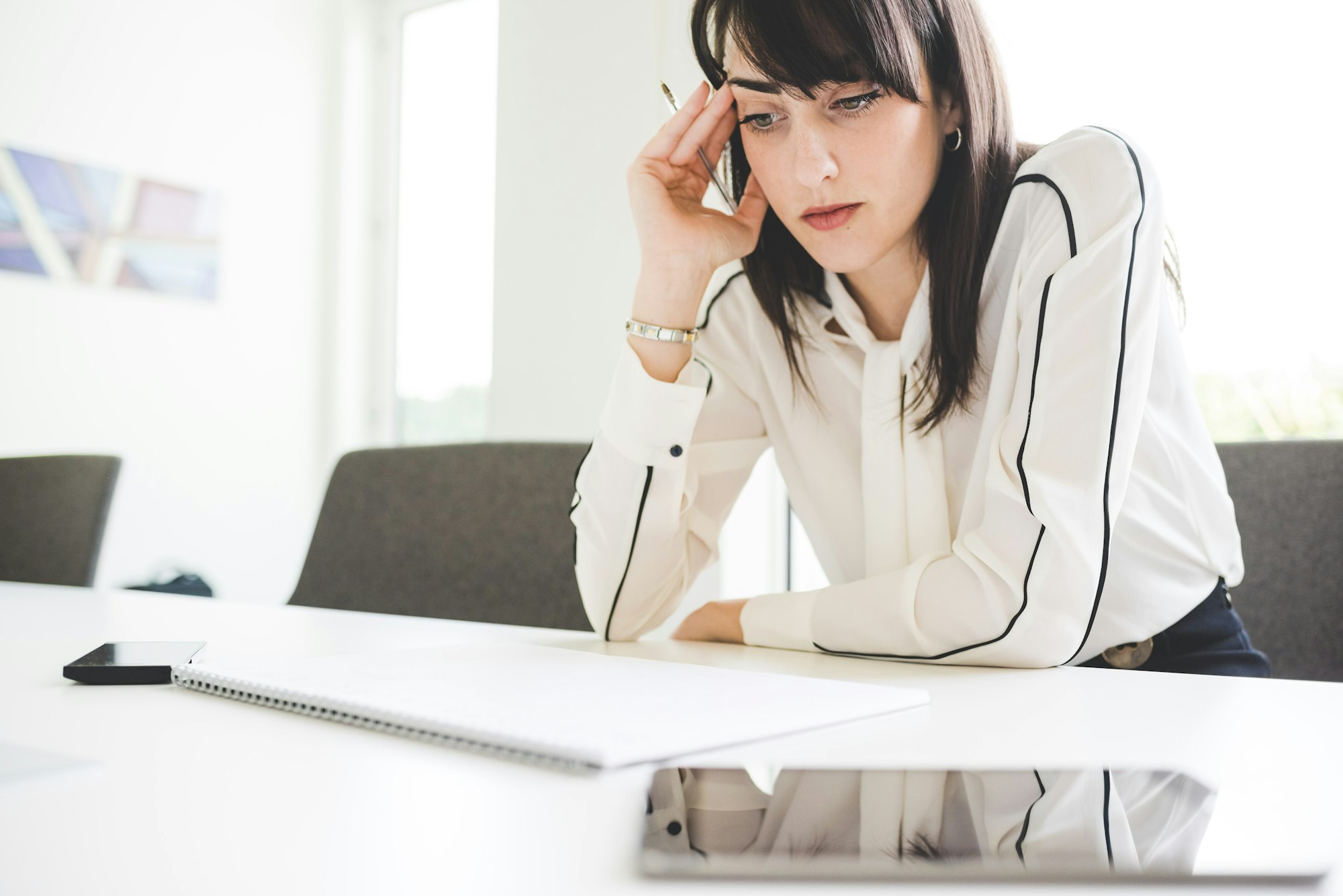When suffering from depression, the first step is always to speak to someone – ideally friends, family, and a medical professional who can provide support. There is no need to deal with this alone.
You can also contact friendly, free organizations you can call or text like the Samaritans: (877) 870-4673 (HOPE), for advice at any time, if you’d like some immediate support. Understanding the Spravato success rates is one thing, but if you know that your particular depression is resistant to medication then you know your options are fairly limited. You can find options out there that don’t involve tablets, however, so it’s a really good idea to be informed where you can.
However, if you’ve already tried prescribed medication or don’t think it’s for you, combining these holistic remedies could help you find the relief you’ve been looking for. Check out the ideas below.
Get To Grips With the Physical and Mental Health Will Follow
It’s always worth checking to see if you are suffering with any physical issues which may be affecting your mental health. This will also help you work out what holistic solutions could be beneficial.
So first things first, book yourself in for a thorough medical examination to find out if there are biochemical factors at play in your condition.
This may identify anything from allergies, hormonal imbalances, anaemia, or many other underlying ailments which are affecting your mood and wellbeing.
A blood test will highlight any deficiencies or imbalances, and can give you an idea of what is destabilising your mood.
If your results come back normal, this might be an indication that lifestyle factors or stress could be taking a toll on your mood.
Recent research also indicates that visual or hearing impairments can contribute to depression, so if you think this might apply to you it’s worth booking yourself in with an optician or hearing specialist for a diagnosis. Click here for more advice on hearing loss and how to remedy it.
Reflexology
The idea behind reflexology is that some foot zones correspond to other anatomical body parts and that applying pressure to these points can promote healing.
It is believed that massaging, applying pressure or stroking these points can release tension, and better blood circulation to break down the buildup of lactic acid.
This is based on the fact that our nervous system is activated whenever we feel an emotion, and our body responds with stress. This ups blood pressure, increases heart rate and can encourage corticosterone release (a stress hormone which impacts the body’s neuropeptides, as well as our behavior).
Herbal Remedies and Supplements
Anxiety and depression are the most common mental health problems, affecting at least 18% of the current population. But both disorders affected communities, long before Prozac or Xanax were developed as treatments.
So what how did people treat low moods in the past? Before prescription medications hit the scene, herbal remedies were often prescribed as a natural aid.
Whether it’s lavender oil, St. John’s wort, or Ginkgo biloba, herbal remedies cheap, easy to get hold of, and can have remarkable effects on your mental health.
There are also a number of vitamins and supplements you may not know are missing from your diet or lifestyle, which you could affect your mood.
If you don’t eat a lot of fish or veg, you might be lacking in omega-3 fatty acids which have a positive effect on both your mental and physical health. You can up your intake with fish oil supplements available in supermarkets and health-food shops.
And 5-HTP is an inexpensive supplement which may be useful in regulating and improving levels of serotonin (the neurotransmitter that affects a person’s mood) in the brain.
However, it’s always worth consulting your doctor before getting stuck in with herbal supplements, to make sure they don’t clash with other medicines.
Acupuncture
Acupuncture is an ancient Chinese healing practice which involves sticking needles into specific parts of the body. But don’t worry – it’s more relaxing than it sounds and in fact – can be extremely effective in alleviating the symptoms of depression.
Research has shown that acupuncture points affect parts of the brain that reduce sensitivity to pain and stress. This also affects the ‘analytical brain’ which is involved in anxiety and worry, thus promoting the relaxation response.
Studies also indicate that acupuncture has a positive effect on depression by increasing the levels of “feel-good” endorphins and serotonin, helping to regulate the brain’s chemistry.
So if you think you can handle a few needles, acupuncture could be a great holistic approach to treating your depression!
Whether you’re a chronic depression sufferer, or you’re just feeling the first troubling signs of a mood disturbance, a holistic approach could be the most effective form of relief for you.




